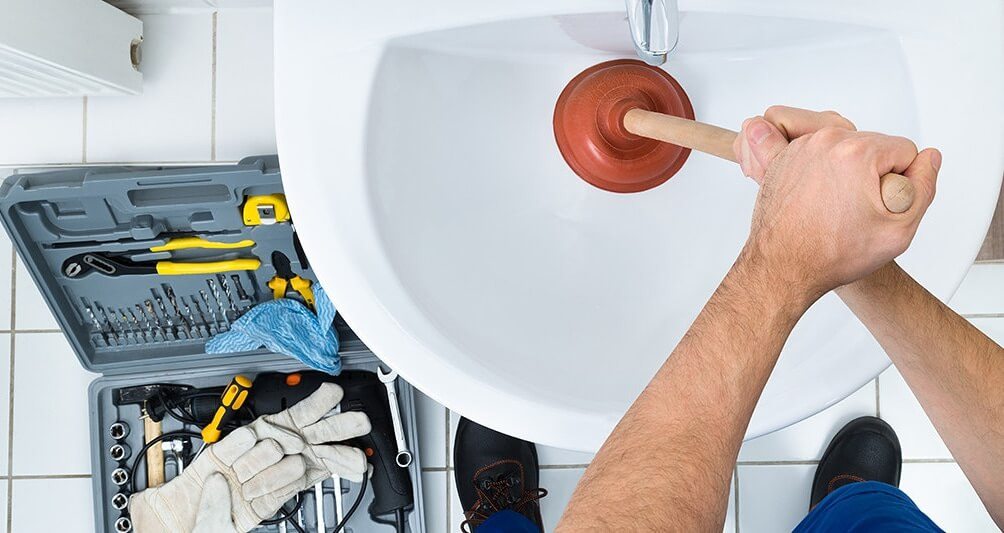Blocked drains are a common issue that can be expensive, time-consuming and generally annoying. They can also lead to more serious plumbing issues if left unchecked.
Knowing the causes of blocked drains in your home can help you take preventative measures to avoid them occurring. Here are a few of the most common reasons drains get blocked in your home and what you can do to prevent a blocked drain in Melbourne.
Grease & Fat
Fatty foods can cause drain clogs by coating the insides of pipes, particularly those made of metal. They can also solidify and clump together into a hard mass that’s difficult to dislodge.
Animal fats and vegetable oils poured down sink drains, garbage disposals and toilets form grease that eventually collects on the walls of pipes and sewer lines. These fatty substances, known as FOG (Fats, Oils and Grease), contribute to blockages in residential homes and the city’s sewer system.
Avoid this problem by never pouring cooking oil, frying food scraps or salad dressing down a drain or garbage disposal. Instead, blot up excess grease with paper towels or napkins and put it in a disposable container for trash. Using hot water or even pouring dish soap down the drain to try and wash away grease is not an effective solution. Pouring boiling water down the drain liquefies the grease and flushes it out of your pipes, but it is likely to reform in your pipes soon afterward.
Food & Drink
Most of the drain lines throughout our homes carry wastewater from sinks, tubs and toilets to the main sewer line. Keeping that line clear is vital to avoid serious plumbing issues like sewage backups and even structural damage to your home.
Food waste is a big problem for many of our homes’ plumbing systems. Even if your kitchen has a garbage disposal unit, it won’t process everything. Large chunks of food, coffee grounds, tea leaves and other hard-to-process foods can all clog pipes.
Paper towels and tissues should never be flushed down the toilet, either, as they are too thick for a toilet and can cause blockages. The same goes for feminine products, which should be thrown in the trash rather than down a drain.
A dirty outside drain can attract mud, dust and other foreign materials that make their way into your pipes, causing a blocked drain. Regular cleaning with a drain cleaner, such as baking soda or vinegar, can prevent these types of problems.
Hair & Hair Products
Hair is one of the most common causes of household drain and sewer clogs. Shedding hair is an inevitable part of the human experience, but long and thick hair can clog drains more easily and at a faster rate. The most obvious sign of a blocked drain is water pooling in a sink or shower, but it can also be evident by odors rising from the plughole and foul-smelling deposits washing down the drain.
The simplest way to avoid clogged hair is to brush and detangle it before a shower or bath. This eliminates the vast majority of shed hair, which can then be collected and placed in a hair catcher (available at most hardware stores) to prevent it from reaching your drain.
A mesh drain cover will also help prevent hair build-up, as will a regular practice of flushing your drain with hot water. Alternatively, a small bottle of liquid drain cleaner can dissolve larger blockages and smells that are caused by grease, soap scum and more.
Children’s Toys & Wipes
Children’s toys and wipes can easily become lodged in drains. If they are flushed, this can lead to a sewage blockage and the need for costly and unpleasant drain unblocking services. It’s best to keep a waste basket or bin near the toilet so that items like baby wipes, cotton pads and sanitary products can be placed in these for proper disposal instead of being flushed down the toilet.
It’s also best to place mesh covers on all bathtub, shower and sink drains to stop hair, food particles and soap scum from washing down the drains. This may seem like a small step, but it will have a big impact on the longevity of your plumbing pipes.
If you have children, it’s important to teach them that only water and toilet paper should be flushed down the toilet. Make sure they put any stray toys or utensils in the rubbish or compost. Wipe down children’s toys with disinfectant wipes such as Nice n Clean to prevent the spread of germs.

